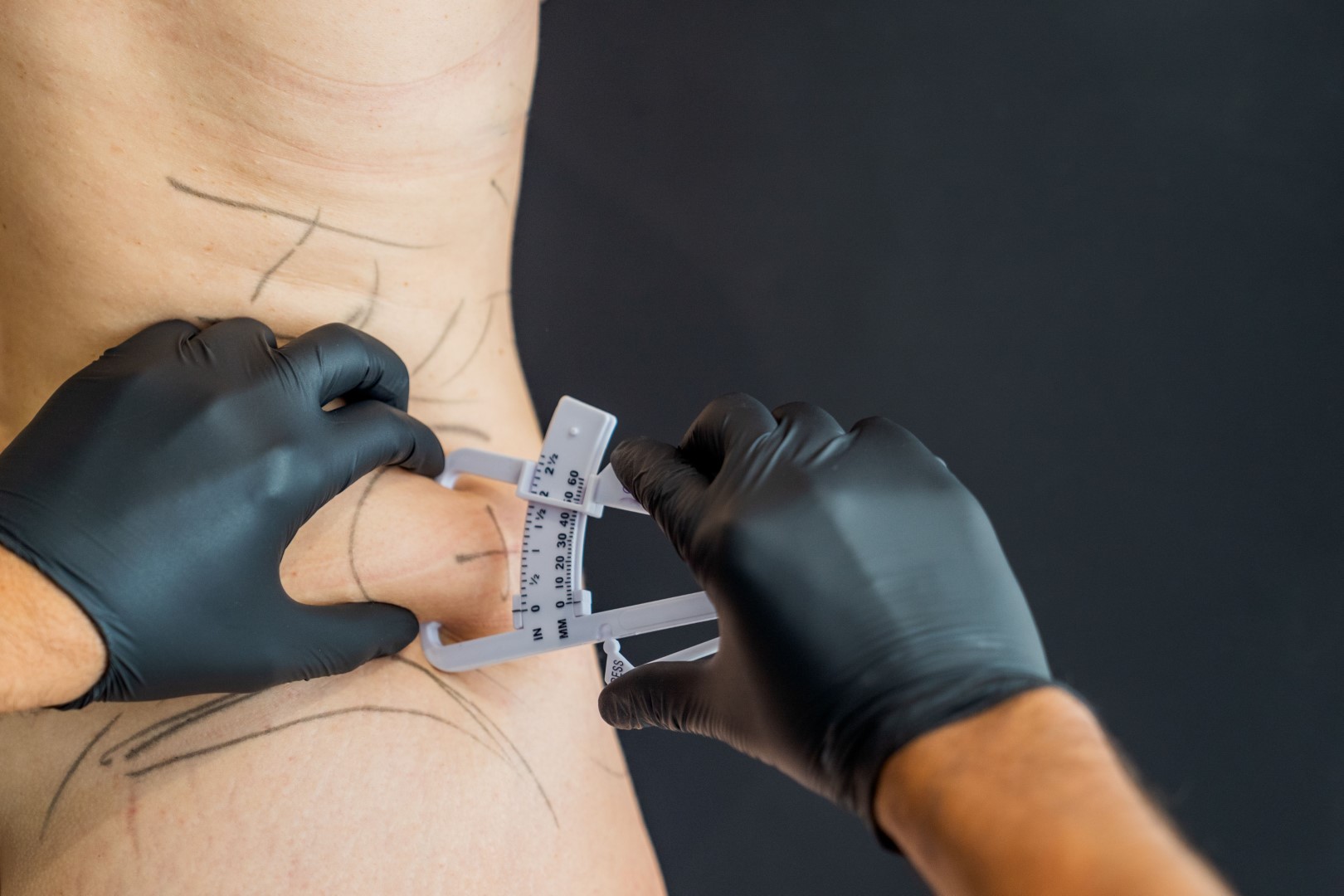The bariatric surgery has emerged as an effective tool for combating the obesity and its associated complications, providing patients with an opportunity to improve their quality of life and reduce the risk of chronic diseases. However, the success of this procedure depends not only on the surgeon's skill, but also on the patient's preparation before the intervention. In this regard, the preoperative nutrition plays a key role.
In this context, the Dr. Luis Canohighlighted bariatric surgeon at Tijuanahas gained recognition for his expertise and dedication in the field of bariatric surgery. With a patient-centered approach and outstanding results, the Dr. Luis Cano has helped transform the lives of countless people through safe and effective surgical interventions.
However, the success of the bariatric surgery is not achieved in the operating room alone. Proper patient preparation prior to surgery plays a crucial role in long-term outcomes. In this blog post, we'll explore the vital role of the preoperative nutrition in the success of bariatric surgery, highlighting how optimizing body composition, preparing the liver, and providing nutritional education and support can significantly improve postoperative outcomes.
Preoperative Body Composition Optimization
Before undergoing a bariatric surgeryIt is crucial that patients work on optimizing their body composition. This involves achieving an appropriate weight and improving overall health to reduce the risks associated with surgery. Therefore, patients should strive to achieve a healthy body composition. body mass index (BMI) before the operation.
Optimization of body composition is achieved through a combination of lifestyle changes, including diet y exercise. It is essential to follow a balanced, calorie-controlled diet, rich in essential nutrients such as protein, vitamins and minerals. This can help reduce fat accumulation in the liver, which facilitates surgery and improves postoperative outcomes. In addition, regular exercise is crucial to improve cardiovascular health, increase muscle strength and prepare the body for surgery.
In some cases, patients may need to lose significant weight prior to surgery to reduce the risk of complications. In such situations, weight loss programs supervised by healthcare professionals may be beneficial. These programs may include nutritional monitoring, emotional support and education about healthy habits. Preoperative body composition optimization not only improves the results of bariatric surgery, but also lays the foundation for a healthier lifestyle in the long term.
Liver Preparation for Bariatric Surgery
The health of the liver plays a crucial role in the success of the bariatric surgery. Many patients with obesity also suffer from fatty livera condition in which excess fat accumulates in the liver. This accumulation can make surgery more difficult and increase the risk of postoperative complications, such as liver injury or inflammation.
To address this challenge, it is important that patients undergo a liver preparation process prior to surgery. This may involve dietary and lifestyle changes to reduce liver fat and improve liver function. A diet low in refined fats and sugars, along with elimination of alcohol, can help reduce liver fat accumulation and improve liver health.
In addition to diet, some patients may benefit from medications designed to improve liver health prior to surgery. These medications can help reduce inflammation and fat accumulation in the liver, preparing it for surgery.
It is important to note that liver preparation not only benefits the surgical process, but can also have a positive impact on the long-term outcomes of the bariatric surgery. By improving liver health preoperatively, patients can experience a faster recovery and a reduced risk of postoperative complications. In summary, liver preparation is a crucial step on the road to successful bariatric surgery and improved overall patient health.

The preoperative nutrition plays a key role in the success of the bariatric surgery. Through the optimization of the body composition, the liver preparation and education and nutritional supportpatients can significantly improve their postoperative outcomes and their quality of life in the long term.
It is crucial that patients understand the importance of following a balanced, calorie-controlled diet prior to surgery. Optimizing body composition not only facilitates the surgical procedure, but also lays the foundation for a healthier lifestyle after surgery. In addition, liver preparation is critical to reduce the risk of complications and improve long-term outcomes.
Nutritional education and support are equally important in preoperative preparation. Patients should understand the new dietary guidelines they will follow after surgery and receive individualized guidance on nutrition and healthy lifestyle. The emotional support also plays a crucial role in adapting to the physical and emotional changes associated with bariatric surgery.
In summary, proper preoperative nutrition is essential to optimize bariatric surgery outcomes and improve patients' overall health and well-being. By working in collaboration with healthcare professionals, patients can prepare themselves physically and mentally for surgery, thus maximizing their chances of long-term success.






